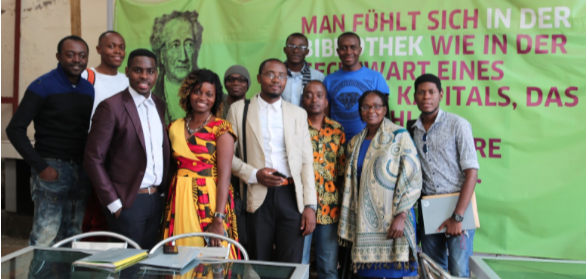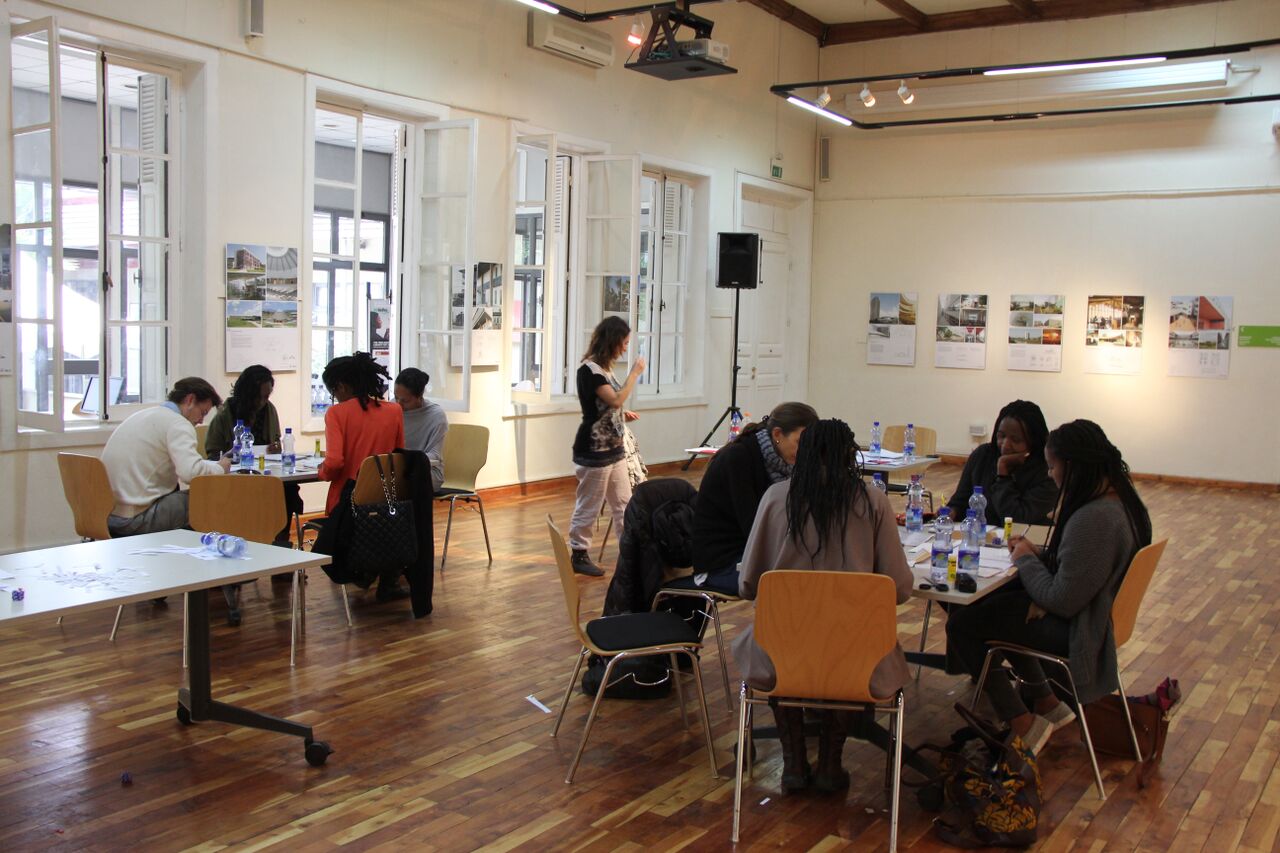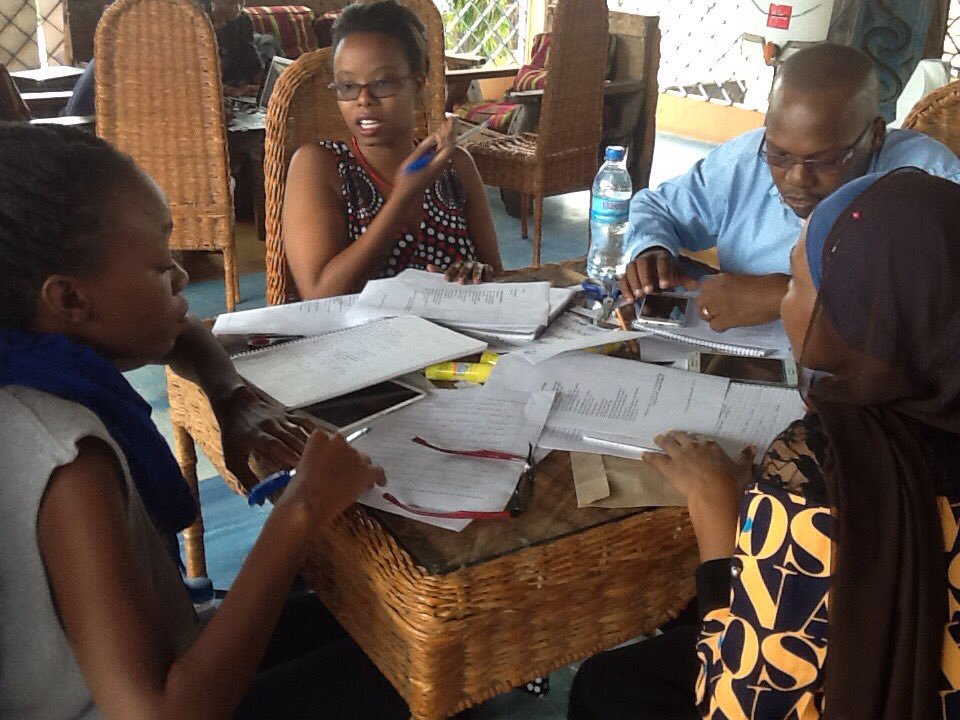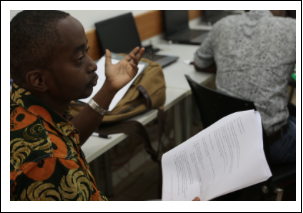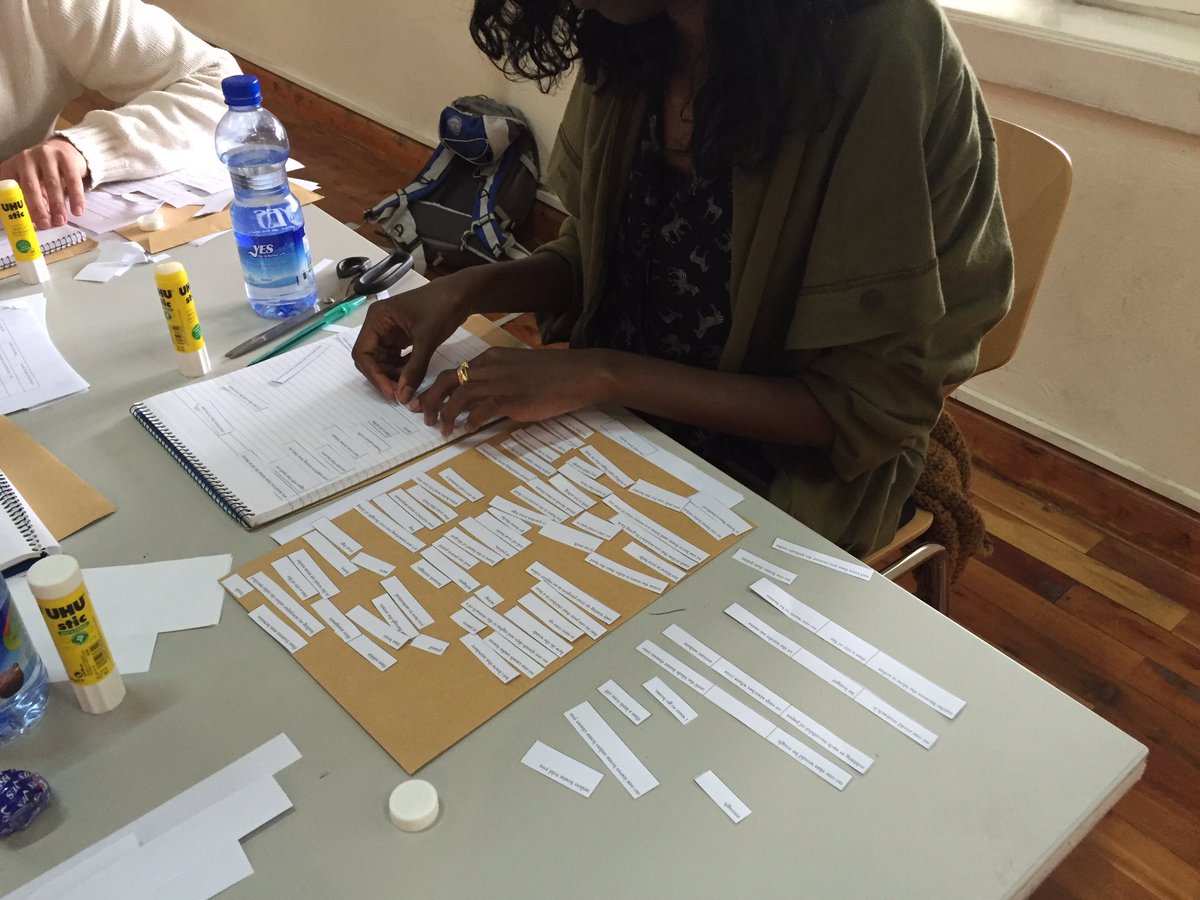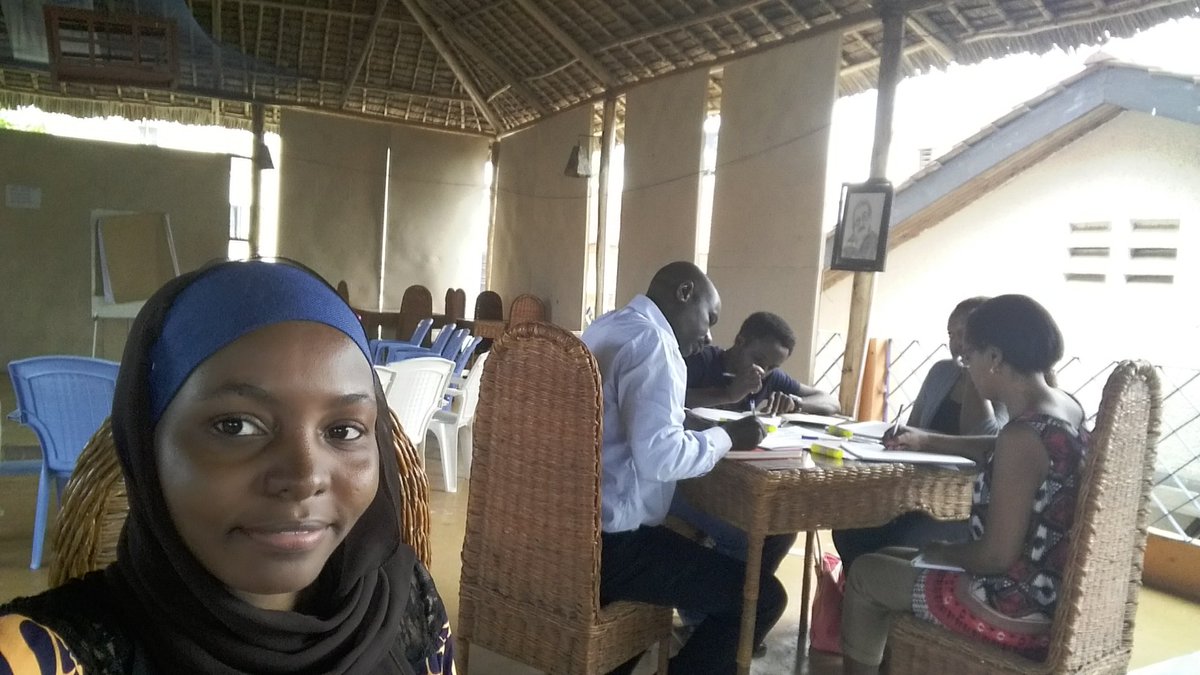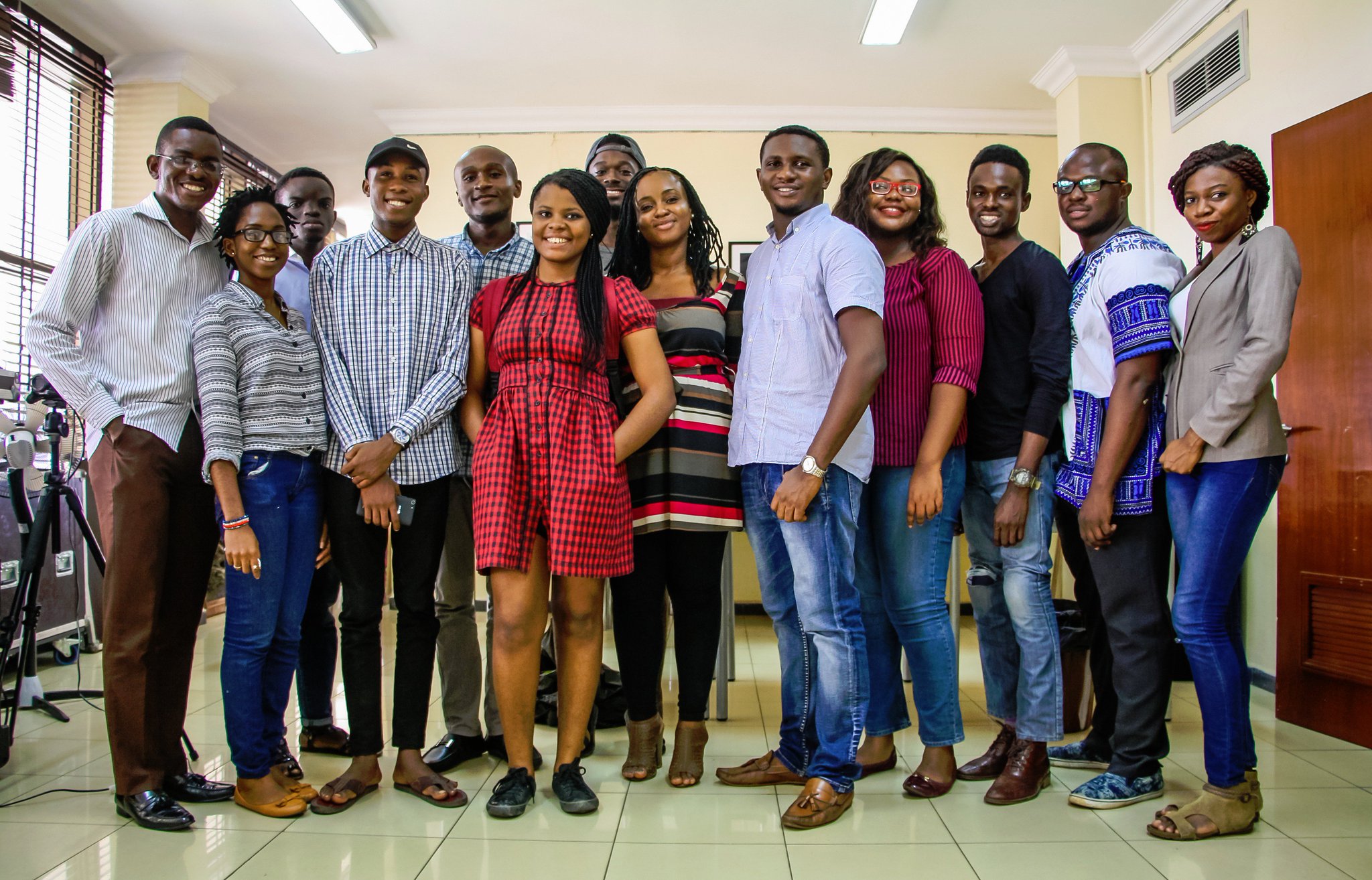Seasoned academic and fiction editor, Helen Moffett is heading up the Migrations editorial team this year. She serves as a mentor to Efemia Chela and Bongani Kona and SSDA's intern, Catherine Shepherd. More information about the SSDA/Worldreader Editing Mentorship can be found here. In this series, we go in-depth into editing through a series of tips and discussions about the craft.
The Editor Gets Their Manuscript: Now what?
I know, I know, trees etc, but you must print out and read your manuscript (MS) in hard copy form as well as online. Keep a pen handy as you read. Scribble down thoughts and queries and make corrections as you go along. You don't have to be thorough at this point: you're going to work far more intensively and intensely online, but you'll find that you miss things online that you see on paper and vice versa.
But before you even print out, you're going to have to spend some time doing editing housekeeping.
- Open up the doccie and change the font (and font size) to one you can read with ease, and can imagine working with for the next few weeks. It's your eyes, you get to decide.
- Double line spacing isn't necessary if you pick the right font and size. I always change all my MS to one and a half line spacing..
- Every new chapter/story/poem must start on a new page. Use the new page command -- do not repeatedly hit the enter key.
- Some authors format their works (in Word) to death. If your MS has been heavily formatted, send it back to the author and ask them to remove all but the bare minimum.
- Search for any double spaces in the MS and replace with single spacing. The typesetter and proofreader will thank you much later on down the line.
OK, now you can hit "print".
The next bit is one of the nicest things about editing.
Find a coffee shop or curl up on your bed. Switch off your phone. Read the paper version until you're done, making notes, but not to the point where this overtakes the experience of reading.
You don't have to commit to anything yet. You're at the courtship stage of editing, getting to know the MS, its voice(s). Listen carefully. By all means identify problems and start mulling over possible solutions, but right now, you need to absorb the cadence and flow of the voices in the MS.
It's like listening to a piece of music for the first time.
Your ultimate task as an editor is to become an editing chameleon (more about this soon), but for now, the MS never be this fresh again, so read with your internal ears pricked.
We're talking about editing short stories here, so this process -- paying attention to the internal voice of the story and the author's voice (these are not necessarily the same things) -- needs to happen with each story. Each story will need to be edited differently.
Worldreader is sponsoring the first SSDA / Worldreader Editing Mentorship Programme which is headed up by Helen Moffett. The fellows, Efemia Chela, Bongani Kona and Catherine Shepherd will also be contributing to the upcoming Art of Editing Series.










